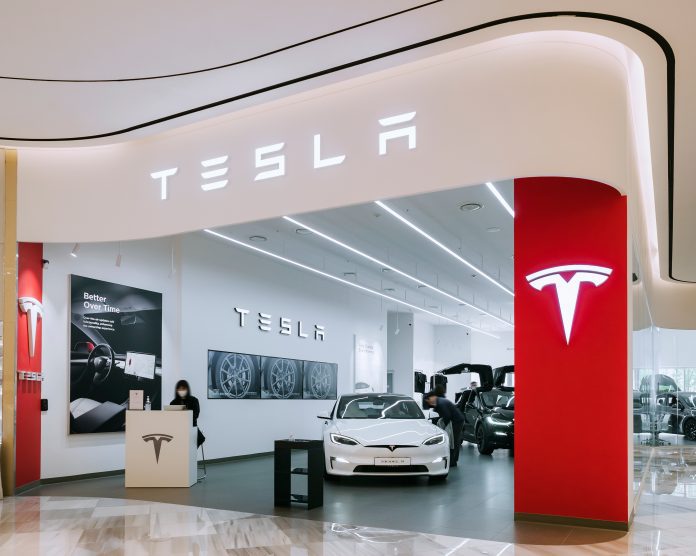Tesla reported a strong net income of $2.2 billion for the third quarter (Q3), reflecting a 17% increase compared to the same period last year. The company’s total revenue for the quarter grew by 8% to reach $25.2 billion. Automotive revenue slightly increased by 2%, totaling $20 billion. Meanwhile, revenue from the energy sector surged by 52% to $2.4 billion, and services revenue rose by 29% to $2.8 billion.
Tesla attributed the growth to global sales incentives and the highly anticipated U.S. launch of the Cybertruck pickup. Vehicle sales climbed 6.4% in the quarter, reaching 462,890 units. However, deliveries have declined by 2.3% for the year so far, totaling just under 1.3 million vehicles. Despite this, Tesla maintains its forecast of selling over 1.8 million cars in 2024, a slight improvement over the 1.8 million vehicles sold in 2023.
Analysts have expressed concern over Tesla’s vehicle margins, which have faced pressure due to increased discounts aimed at maintaining sales volumes. However, the third-quarter vehicle profit margin, excluding regulatory credits, rose to 17%, surpassing expectations and improving from 14.3% in the previous quarter.
On the Q3 earnings call, CEO Elon Musk projected 20% to 30% volume growth in 2025, driven by advancements in vehicle autonomy and introducing more affordable models. Musk highlighted a future Tesla model priced under $30,000 with federal EV tax incentives. Tesla’s least expensive vehicle in the U.S., the Model 3 sedan, currently starts at $44,130, or $36,630 after incentives.
Tesla also hinted at stripped-down versions of its popular Model 3 and Model Y vehicles as part of its strategy for introducing lower-cost models next year. Musk added that Tesla’s much-discussed autonomous “Cybercab” will be released in 2026 for around $25,000. This two-seat robotaxi will lack traditional human controls, reflecting Tesla’s push toward full autonomy. Musk expects regulatory approval for a fully autonomous ride-hailing service in California and Texas next year.
Looking further ahead, Tesla aims to scale its autonomous vehicle production by manufacturing 2 million Cybercab units annually worldwide by 2026. With progress being made on its Full Self-Driving software, Tesla continues to innovate in pursuit of its autonomous vehicle ambitions.




